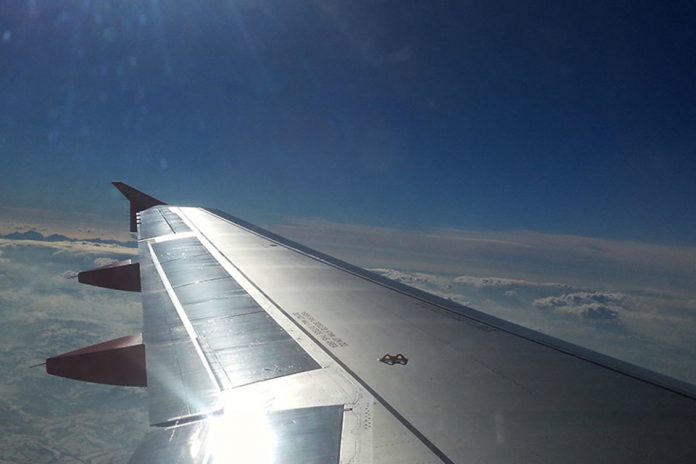- Botswana and Saudi Arabia added to the list of travel corridors for the UK having been assessed by the Joint Biosecurity Centre as posing a lower infection risk
- Canary Islands removed from the list of travel corridors for the UK
- travellers urged to check the latest advice from the Foreign, Commonwealth and Development Office (FCDO) before travelling and will be required to fill in a passenger locator form before returning home
People arriving in the UK from the Canary Islands from 4am Saturday 12 December 2020 will need to self-isolate for 2 weeks as the islands are removed from the travel exemptions list.
Ministers’ decision to remove the Canary Islands from the list of travel corridors has been based on a sharp increase in test positivity, currently at 7.1% for the Canaries collectively and 8.8% for the island of Tenerife.
The government has made consistently clear it will take decisive action if necessary to contain the virus, including removing countries from the travel corridors list rapidly if the public health risk of people returning from a particular country without self-isolating becomes too high.
From 15 December, passengers arriving into England from countries not featured on the government’s travel corridor list – including the Canary Islands – will have the option to take a test from a private provider after 5 days of self-isolation, with a negative test result releasing them from the need to self-isolate.
A range of factors are taken into account when deciding to remove a country from the travel corridor list, including the continued increase of coronavirus (COVID-19) within a country, the numbers of new cases, imported cases, information on a country’s testing capacity, testing regime and test positivity rate.
Saudi Arabia and Botswana have been added to the government’s travel corridor list following in-depth analysis of the coronavirus epidemic in these countries.
From 4am on Saturday 12 December 2020, passengers arriving to England from these destinations will no longer need to self-isolate so long as they haven’t been in or transited through any other non-exempt countries in the 14 days preceding their arrival.
People currently in the Canary Islands are encouraged to follow the local rules and check FCDO travel advice for further information. The government is urging employers to be understanding of those returning from these destinations who now will need to self-isolate.
COVID-19 has profoundly changed the nature of international travel. Travellers should always check the latest advice, given the potential for changing coronavirus infection rates to affect both the advice about travelling to other countries and rules about self-isolation on return.
All travellers, including those from exempt destinations, will still be required to show a complete passenger locator form on arrival into the UK unless they fall into a small group of exemptions.
Penalties for those breaching the self-isolation rules when returning from non-exempt countries are £1,000 for first offences, rising to up to £10,000 for subsequent offences, mirroring penalties for those breaching self-isolation following a positive COVID test or contact from Test and Trace.







